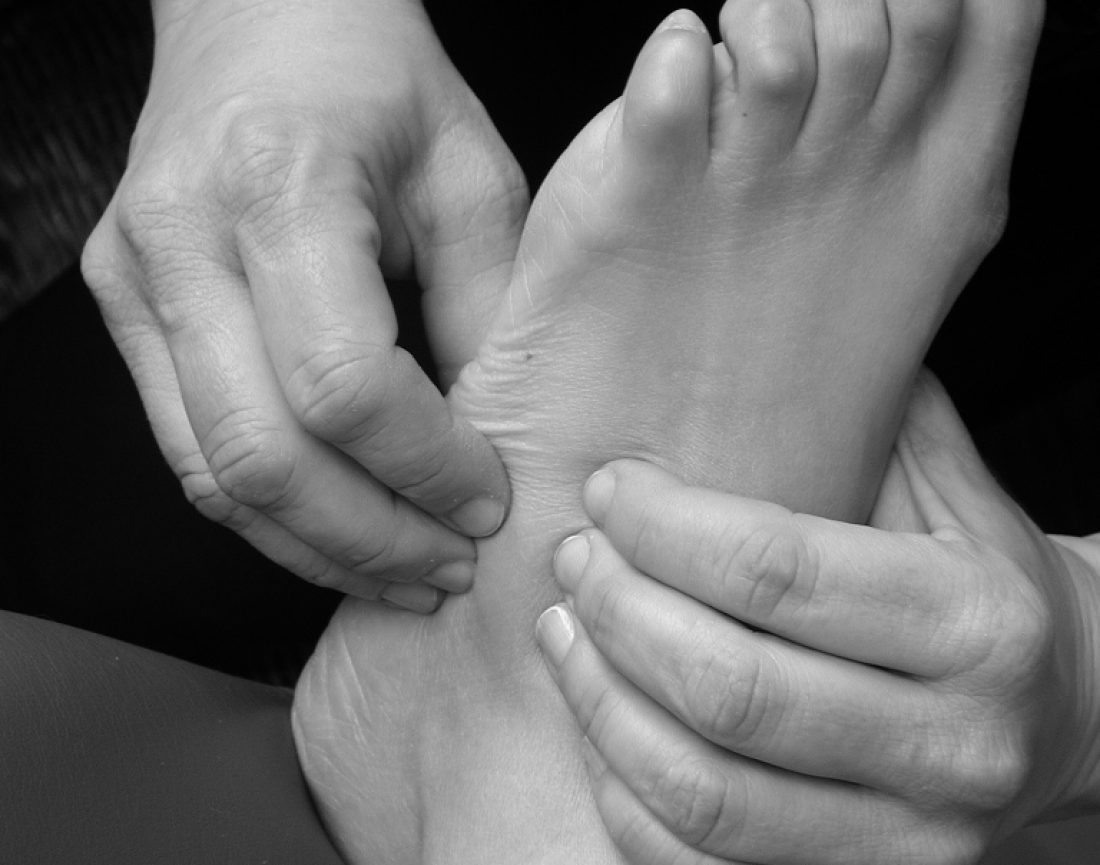Inflammation, we all experience from time to time. Sports injuries, pregnancy, even tripping in the house while cleaning can lead to inflammation. Greatist.com describes inflammation and chronic inflammation in their article “What You Don’t Realize Inflammation Is Doing to Your Body”:
“The painful swelling is the body’s acute inflammatory response, when additional white blood cells, plasma proteins, and other specialized helpers rush to repair the damage, says Refaat Hegazi, M.D., Ph.D., medical director at Abbott, a healthcare and pharmaceutical company. It’s your immune system’s way of remedying any problem, from sprains to infections. (Phew!)
Chronic Inflammation
The inflammation usually dies down in three to five days, when you can get on with your life like that clumsy fall never happened. But in some cases, the off switch for inflammation never gets flipped, and that’s when you start to encounter chronic inflammation, says James Marion, M.D., a gastroenterologist specializing in inflammatory bowel disease at Mount Sinai Hospital. When that happens, some trigger—and often it’s hard to identify—sends distress signals even when there’s no problem to fix, so the immune system still dispatches microscopic helpers to your body’s tissues.
As they hang out there over time, they can cause damage to nearby organs, says Veena Taneja, Ph.D., an associate professor of immunology at the Mayo Clinic. Since this is all happening internally, you don’t tend to feel symptoms of chronic inflammation until it turns into something bigger.
In particular, chronic inflammation been linked to a number of autoimmune diseases, including lupus, rheumatoid arthritis, Crohn’s disease, and multiple sclerosis. More research needs to be done to determine the role that inflammation plays in these diseases (e.g. is it causation or merely correlation?), but the prevailing scientific thought is that we should try and decrease chronic inflammation. The question is, how?
Your Action Plan
Some people have genes that predispose them to inflammatory responses, which we have little control over, Taneja says. Luckily, researchers are starting to uncover ways that we can limit chronic inflammation.
The Takeaway
While new findings about inflammation and the gut are exciting, we have more questions than answers at this point. But if you suspect you are dealing with chronic inflammation or one of the possibly related diseases, it’s worth consulting with your doctor.”
Definitely check out greatist.com for more health articles, and join our newsletter for the latest on health and wellness!

